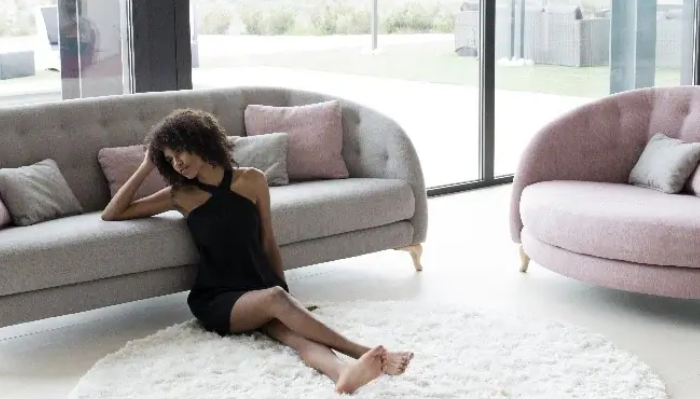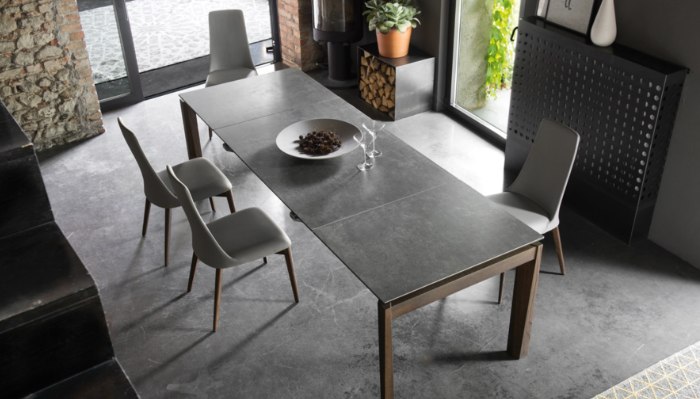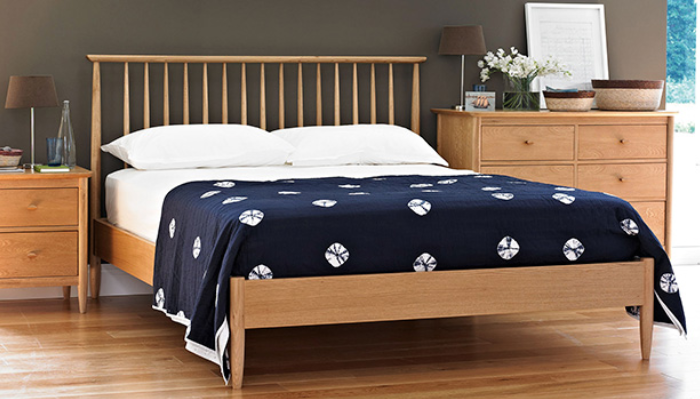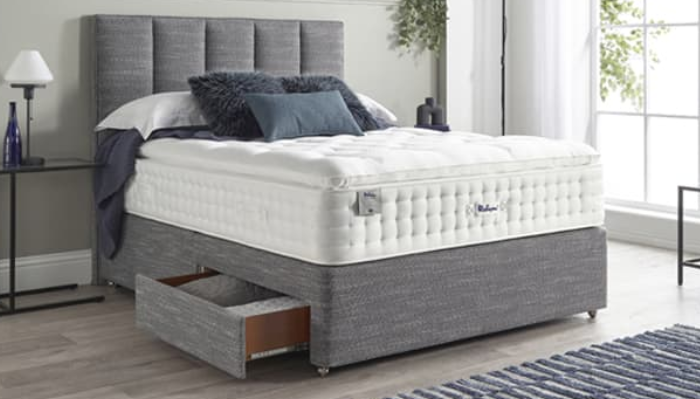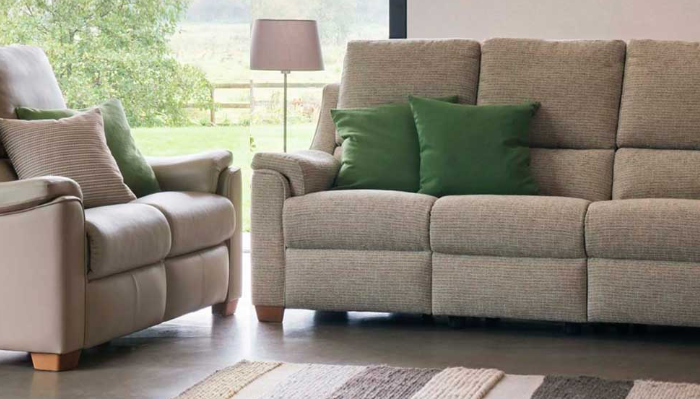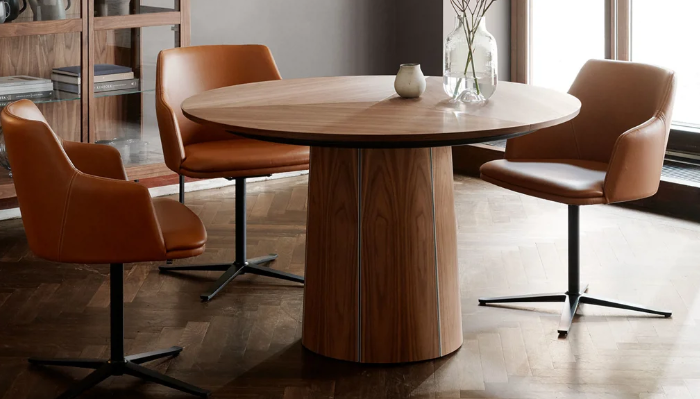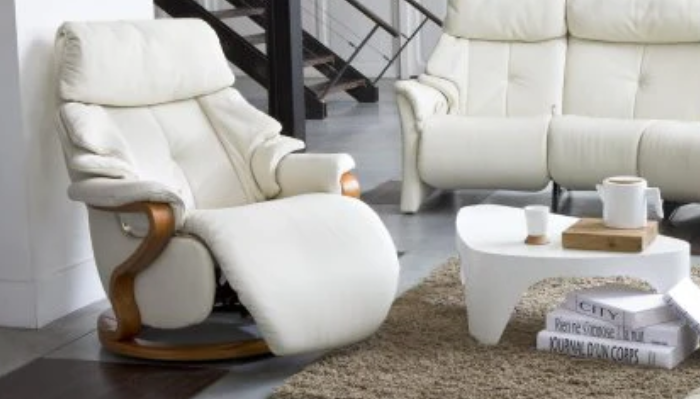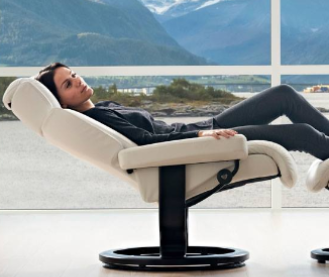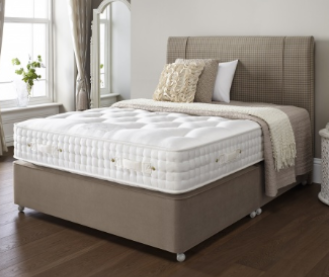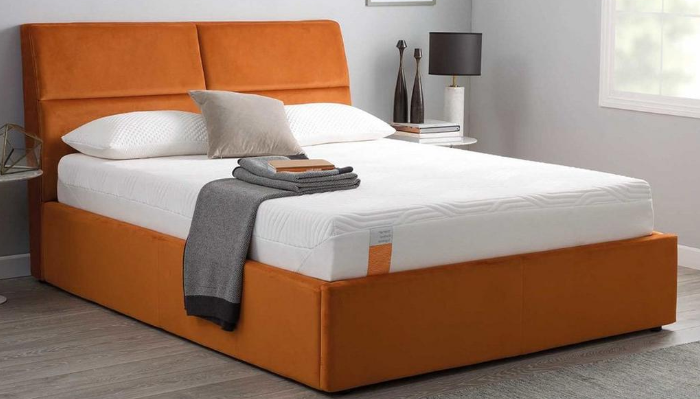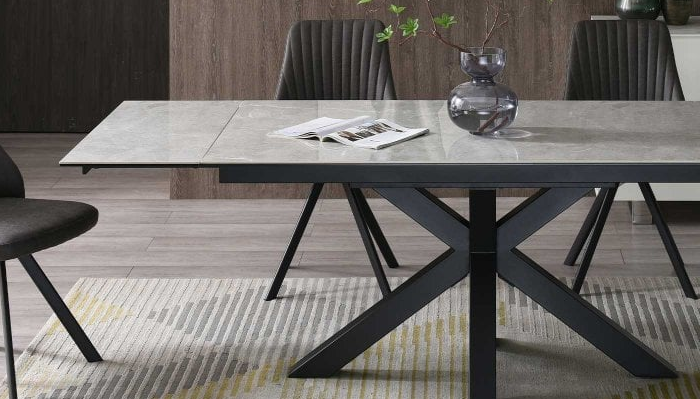| SHOWROOM |
|---|
| Birch Ave |
| Stillorgan Business Park |
| Dublin |
| A94 XD85 |
| 01 293 8898 |
| Email Us |
| OPENING HOURS |
|---|
| Monday 9:30 - 18:00 |
| Tuesday 9:30 - 18:00 |
| Wednesday 9:30 - 18:00 |
| Thursday 9:30 - 18:00 |
| Friday 9:30 - 18:00 |
| Saturday 9:30 - 18:00 |
| Sunday CLOSED |
| Bank Holidays CLOSED |
| MORE |
|---|
| Contact Us |
| News |
| OTHER |
|---|
| Tempur |







